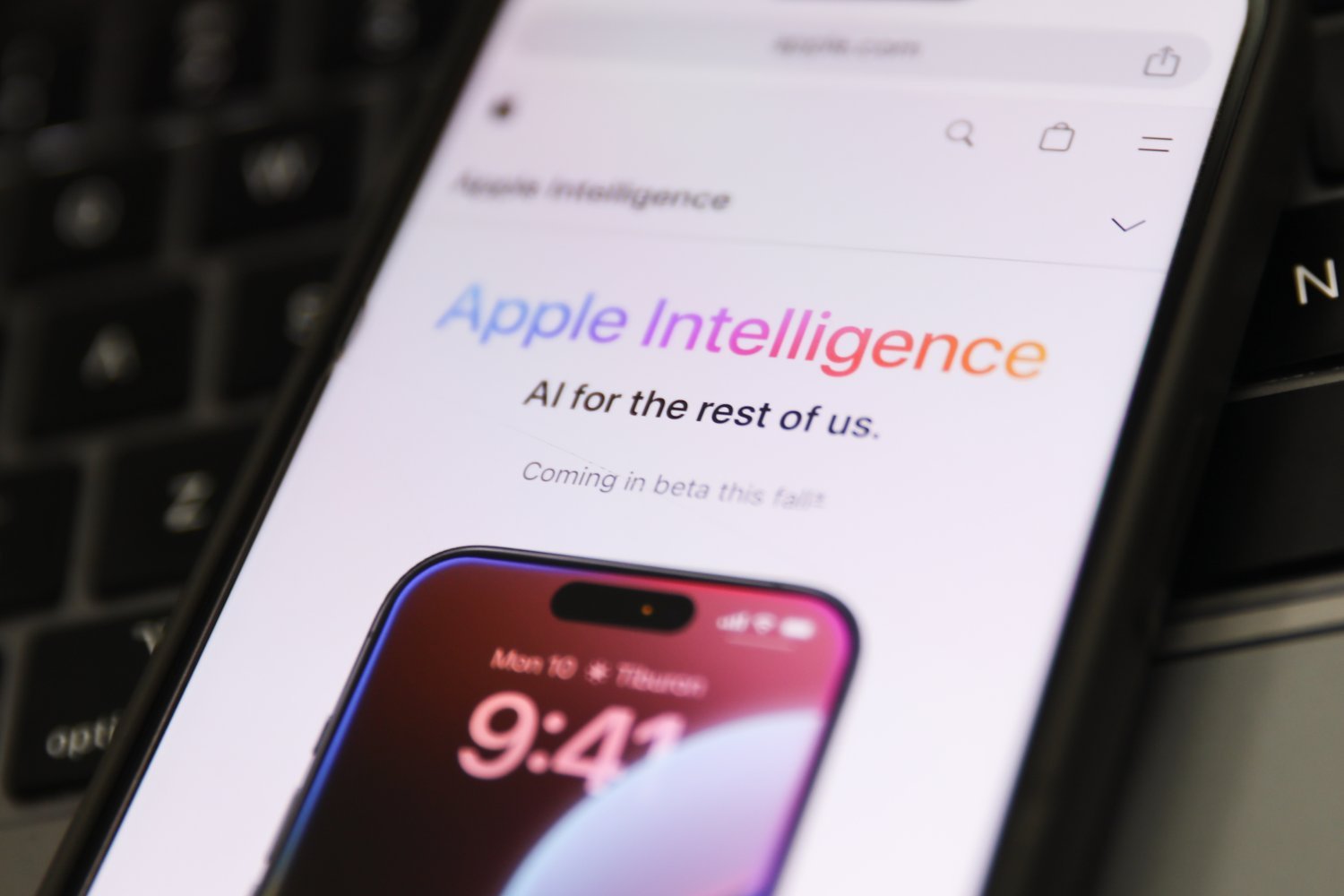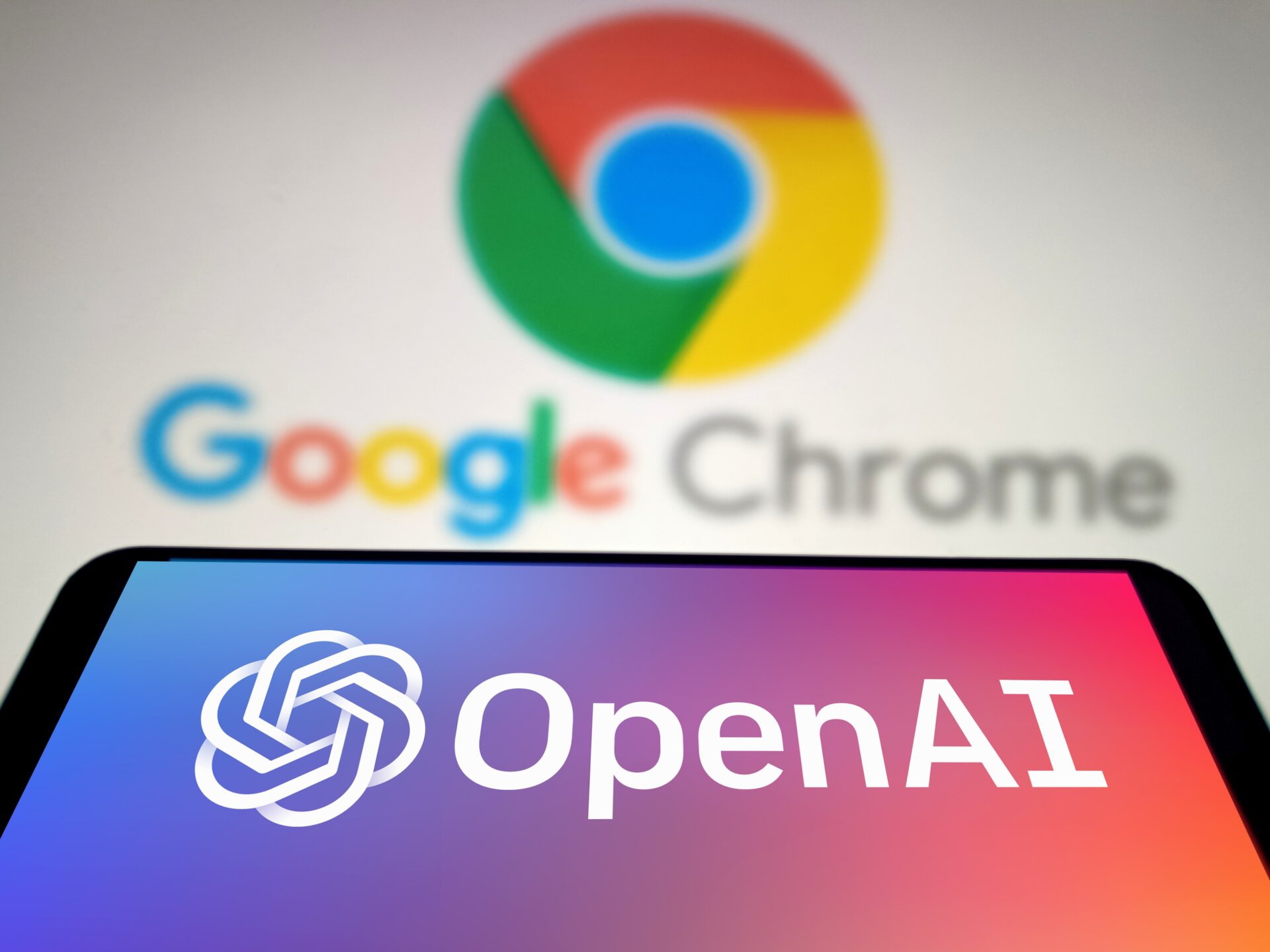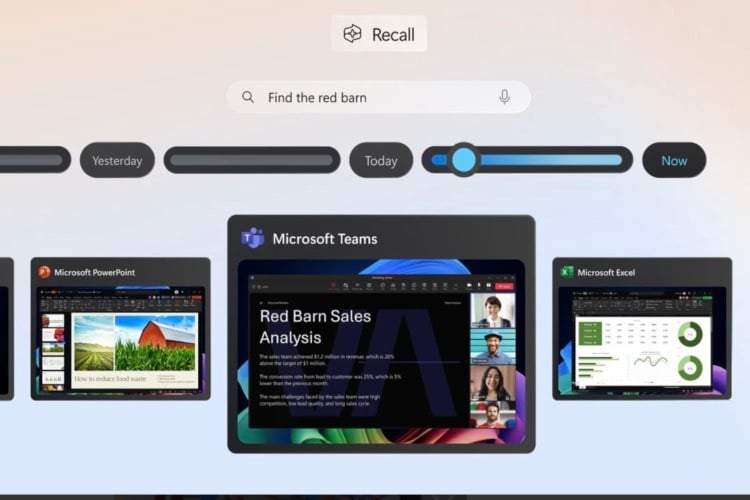Wikipedia, the free online encyclopedia, has partnered with Kaggle, a Google-owned data science platform, to release datasets optimized for training AI models. Initially available in English and French, these datasets provide streamlined versions of raw Wikipedia text, excluding markdown and references. This initiative aims to provide a readily accessible and standardized resource for AI developers.
Wikipedia, a non-profit organization, relies primarily on donations and adheres to a free content model, permitting anyone to use and remix its content. This openness has led to diverse applications, such as Kiwix, an offline version used to access information in restricted areas. However, the increasing use of Wikipedia’s content for AI training has resulted in a surge of non-human traffic, significantly impacting bandwidth costs. The foundation reported a 50% increase in bandwidth consumption since January 2024. By offering a standardized, JSON-formatted dataset through Kaggle, Wikipedia hopes to alleviate the strain on its servers while supporting AI development.
Brenda Flynn, Kaggle’s partnerships lead, expressed enthusiasm about hosting Wikipedia’s data, emphasizing Kaggle’s commitment to ensuring the data remains accessible and useful for the machine learning community. This collaboration aims to facilitate AI research and development by providing a convenient and efficient way to access Wikipedia’s vast knowledge base.
The increasing demand for training data in the AI industry has raised concerns regarding content creators’ rights and fair use practices. Some argue that using publicly available web content for AI training falls under fair use, while others emphasize the importance of respecting copyright and licensing agreements. This debate highlights the ongoing tension between the need for large datasets to train sophisticated AI models and the rights of content creators.
Several AI companies face legal challenges regarding the use of copyrighted material for training their models. This practice threatens platforms like Chegg and Stack Overflow, as AI companies could potentially use their content without directing traffic or revenue back to the original source.
Some Wikipedia contributors might object to their work being used for AI training due to ethical concerns and potential misuse. All content on Wikipedia is licensed under Creative Commons Attribution-ShareAlike, allowing free sharing and adaptation, even commercially, provided proper attribution and licensing are maintained.
The dataset available through Kaggle is free for developers. The Wikimedia Foundation clarified that Kaggle accesses this data via a “Structured Content” beta program within Wikipedia Enterprise, a premium service for high-volume users. Despite this facilitated access, all users are still expected to adhere to Wikipedia’s attribution and licensing terms.
The partnership between Wikipedia and Kaggle underscores the growing importance of accessible and structured data for AI development. While this collaboration aims to benefit the AI community, it also highlights the ongoing discussions surrounding copyright, fair use, and the ethical considerations of using publicly available content for training AI models.











